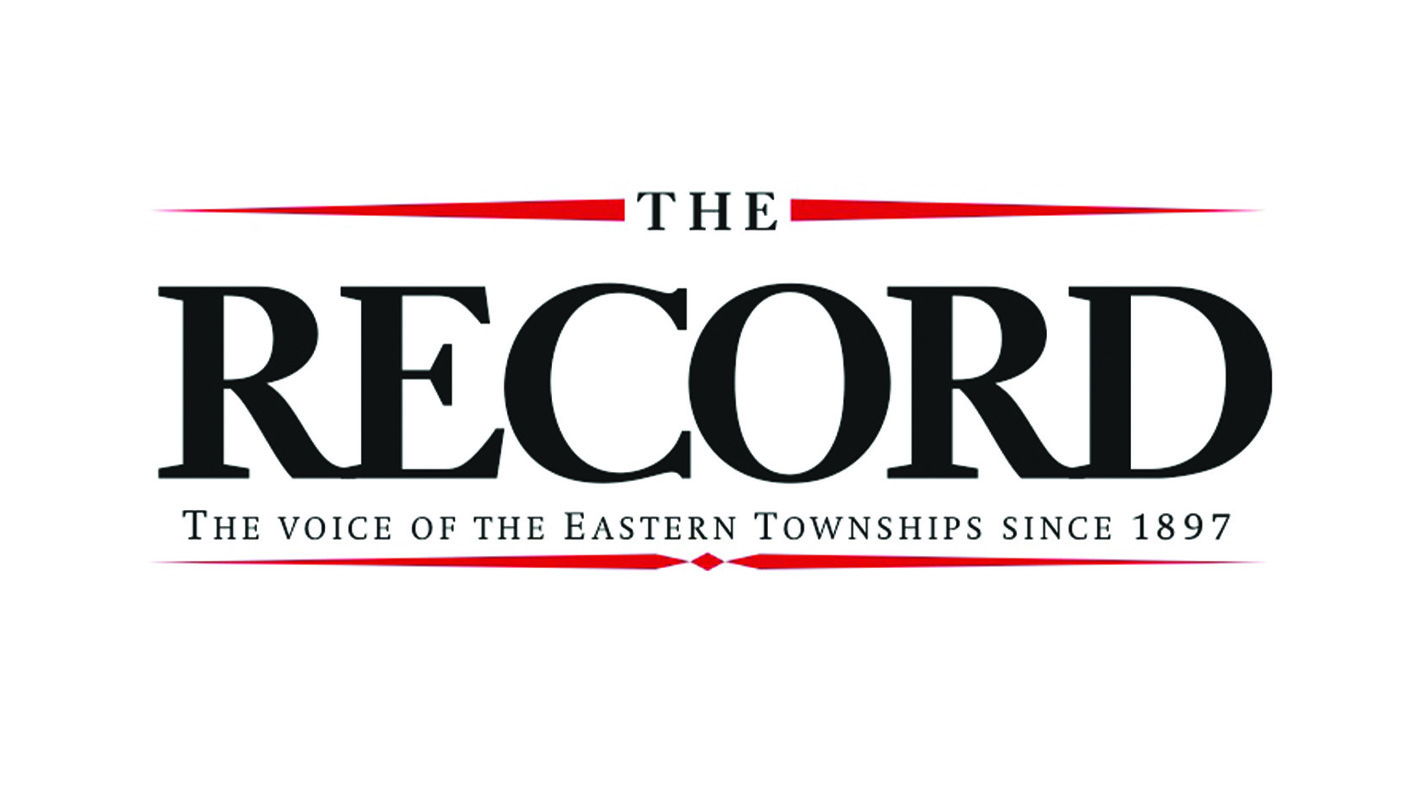But many see more benefit in preserving farm heritage
Farm News Review
By Scott Stevenson
Local Journalism Initiative
How about Christmas in a haymow? Surely we could distance enough and escape Covid all lofty up in a big barn. Or maybe not.
But don’t go taking the old barns down too fast, despite all the interest in their materials these days. A half-page ad in the latest issue of Quebec’s main French-language farm weekly would have you do so.
“Tidy, fast work and with a contract—We travel all over Quebec—…Dismantling of barns or purchase of wood,” the ad reads in this week’s edition of La Terre de Chez Nous.
Our old Townships’ barns are as much a part of the landscape and culture here as the rolling hills and blend of Indigenous and European languages. The barns have English, French, Dutch, and American influences, among others, just as our place names borrow from our Abenaki, American, British, and French heritage.
It may be costly to remember, protect, and save our history, but we also know how important it is to do so. Among many other efforts, we invest public money in saving churches; we have rules to protect farmland from urban development; so too should we work to preserve our built farm heritage.
I wish I could say that I saved my barn, built by my farm’s first settler family, the Riddells, around 1896. Tragically, the 40×40 gable-roofed barn of English and other influences collapsed—before my eyes—on an unseasonably hot morning in April 2017, just as I had started to dismantle it for relocation.
While most of our old Townships’ barns were braced and joined more solidly than today’s insta-homes, my barn was built in the flood plain of the nearby stream, and so its foundation moved with the heaving ground each spring. Previous owners tried to fix and save it, including my predecessors, the Goddards, but the annual shifting meant decades of wear on joints, infiltration of water, and rot. A member of the youngest generation of Goddards said she and her sister weren’t allowed to play in the barn because it was too far gone.
Louise Abbott and Niels Jensen had a look at my barn a few years before its collapse and did not consider it among the region’s unique ones—although I would beg to differ, being obviously partial.
Subscribe to The Record for the full story and more





